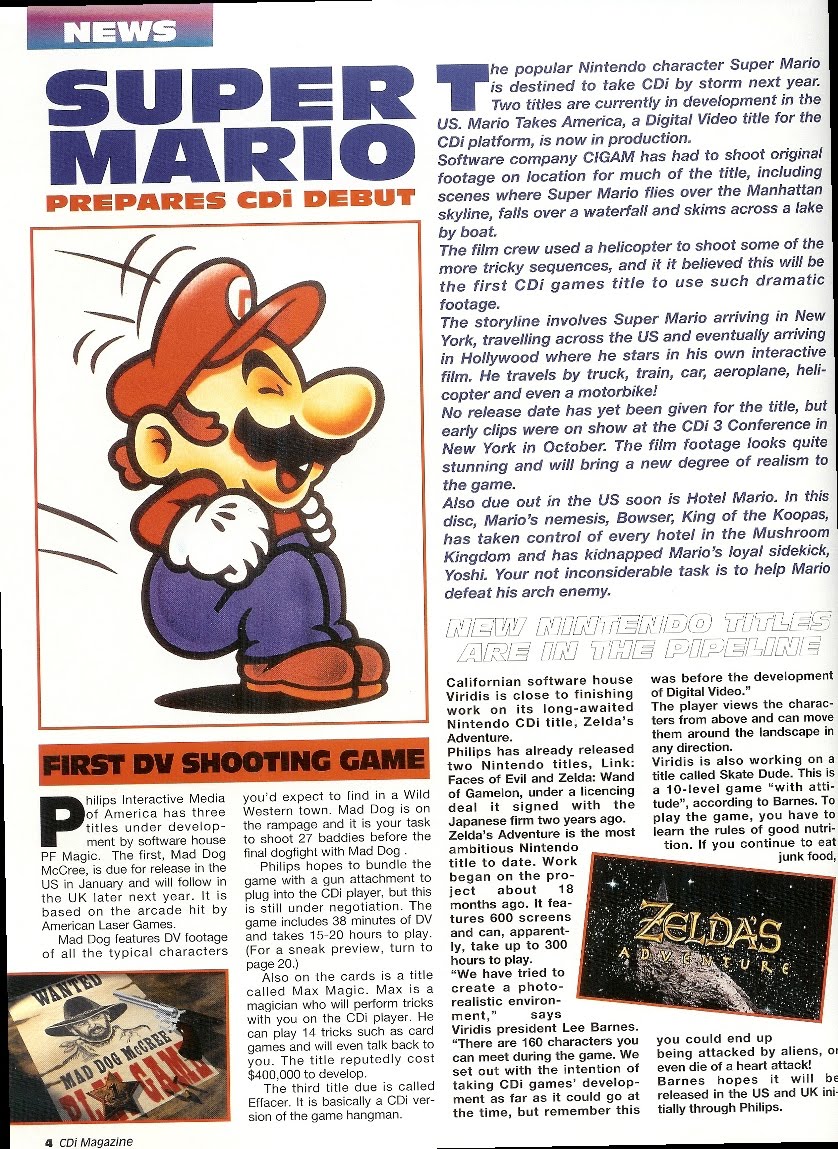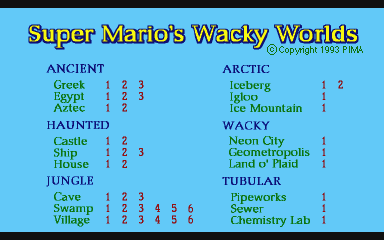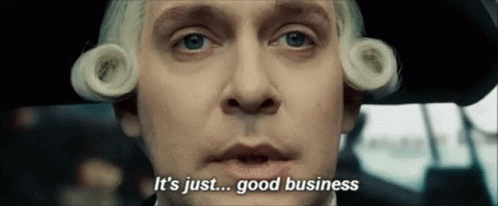Super Mario's Wacky Worlds is a cancelled 1993 Phillips CD-i sequel to the 1990 SNES game
Super Mario World. Developed by NovaLogic, only 30% of the game was complete before the game was cancelled.
Only three prototypes of the game are known to exist, and a ROM of the game has been available for some time now and can be downloaded below.
Background |
The game would've taken place in the real world as opposed to the Mushroom Kingdom, despite the fact that classic Mario enemies like Goombas and Koopa Troopas make appearances in the game. Development started only a few weeks before the game would be presented to Nintendo, and even though the two developers worked 24 hours a day for two weeks, they didn't have much for the presentation. The game was so rushed; it was ported to a disk only four hours before the presentation that would take place. Despite all this, Nintendo was incredibly impressed by the results.
Cancellation and Leaked ROM |
Due to poor sales of the CD-i,
Wacky Worlds had to be cancelled. What remains of the game is functional for something cancelled so early in production. However, the found prototypes have many glitches and bugs; for example, players can make Goombas freeze in mid-air by touching them, and there is no way to swim in the underwater levels because Mario wasn't programmed to swim yet. Many levels have no data in them at all.
[1] It is very unlikely the game will ever be officially completed.









